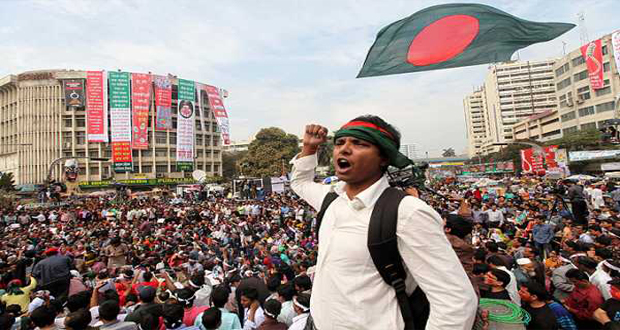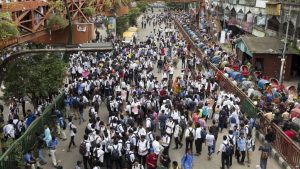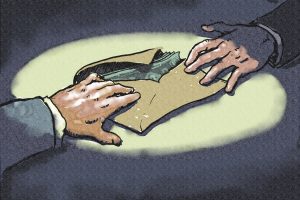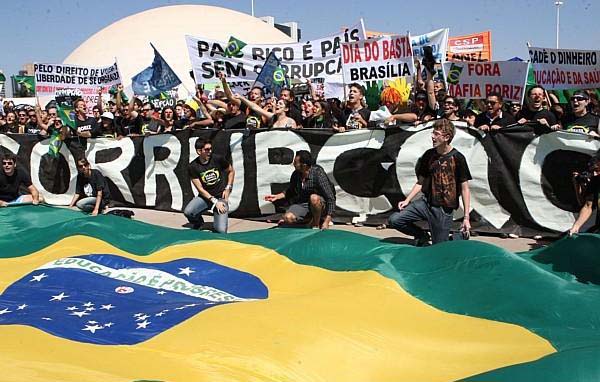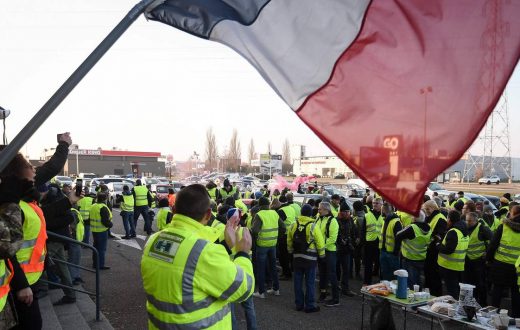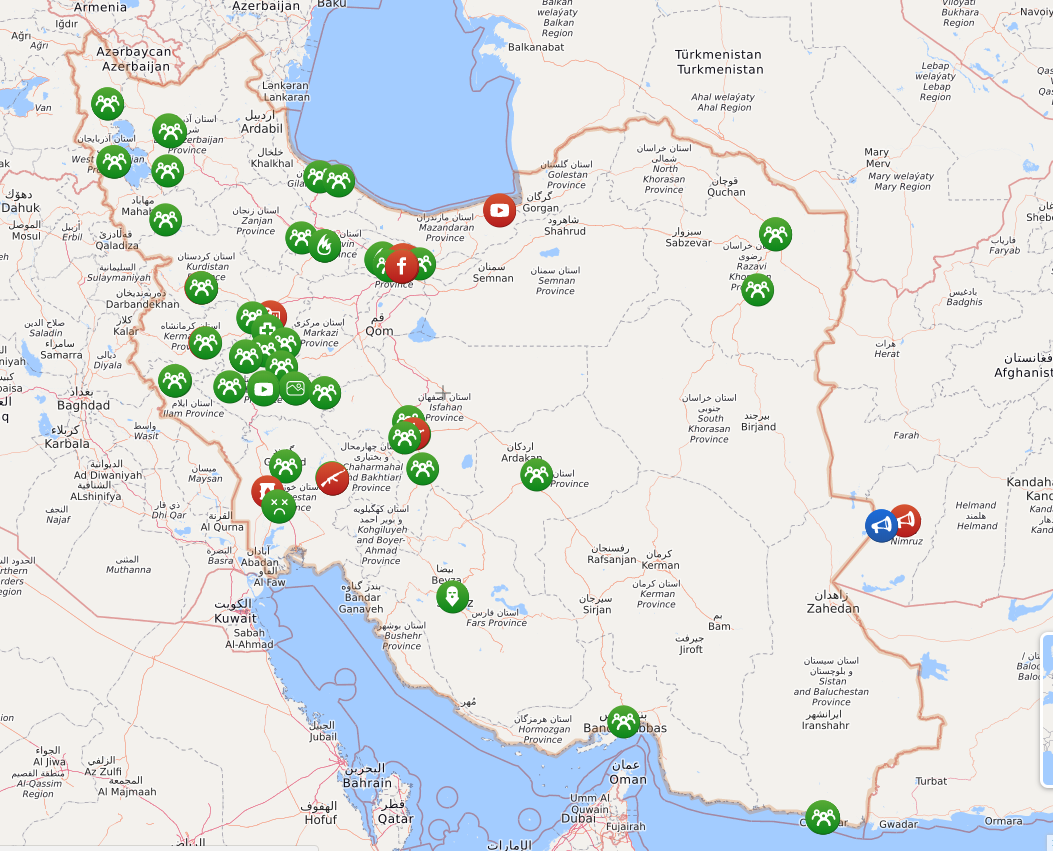Death penalty may be considered in the case of fatal accident on the road if the investigation proves that the death was deliberately caused. This is what the government proposes to respond to the many student’s demonstrations in the capital of Dhaka. This protest movement, which doesn’t weaken, follows the death of two young people hit by a bus which was driving too fast.
Violent repression against the people
Since july 28 many people has been wounded because of the hard repression of the government against demonstrators. Indeed, it used tear gas and shoots against students with rubber bullets, which wounded hundreds of people. Armed men also act in the name of the government, as counter-demonstrator, and attacked photographers, journalists and students. Shahidul Alam, a Bangladeshi human rights activist and photographer, says, “Youth groups affiliated with the ruling party Awami League have joined the police to beat up journalists and protesters”. The latter has since been arrested by the police at his home. The Human Rights Organization Amnesty international asked for the government to stop its violent repression against its people. Since august 5th, internet has been cut in order to prevent the movement from gaining extend.
The claims of the demonstrators are for instance the construction of pedestrian crossing over the major axes, the simple respect of the traffic rules, but also more control over the bus companies circulating in the city. Protesters also want to continue demonstrations until the transport minister decides to resign.
A general despondency of Bangladeshi society
Actually, all of this is not just about country’s road safety. The demonstrations are the result of a general despondency of Bangladeshi society. The death of two young people hit by a bus is certainly tragic, however it is not a rare fact.
Through this pretext of these road safety problems, it’s an entire system which is pointed out. The Bangladeshi government is often criticized by the population for widespread corruption. The public transport area is therefore a good representation because even traffic officers are corrupted. Corruption has been a continuing problem in Bangladesh. In 2004 an anti-corruption commission has been created, but it is largely ineffective because of the governmental control over it.
Ali Al Maruf gives many examples of corruption’s scandal since 2009. The first one is the Padma Bridge: a project of USD 2.915 billion, initially supported by the World Bank, Asian Development Bank, Islamic Development Bank and Japan International Cooperation Agency. Nevertheless, after only three months, donors have refused to take risks because of the corruption of the government. World Bank has declared that it has proof of a « corruption conspiracy ». This one was just an example among many others.
These many repetitive scandals weaken the society and avoid the development of infrastructures in Bangladesh. It is therefore the reign of insalubrity, insecurity and lack of investment. Road insecurity is therefore a pretext to raise the anger of society. The government is missing something when it proposes the death penalty in the event of a fatal road accident, and only a few months of important elections.

